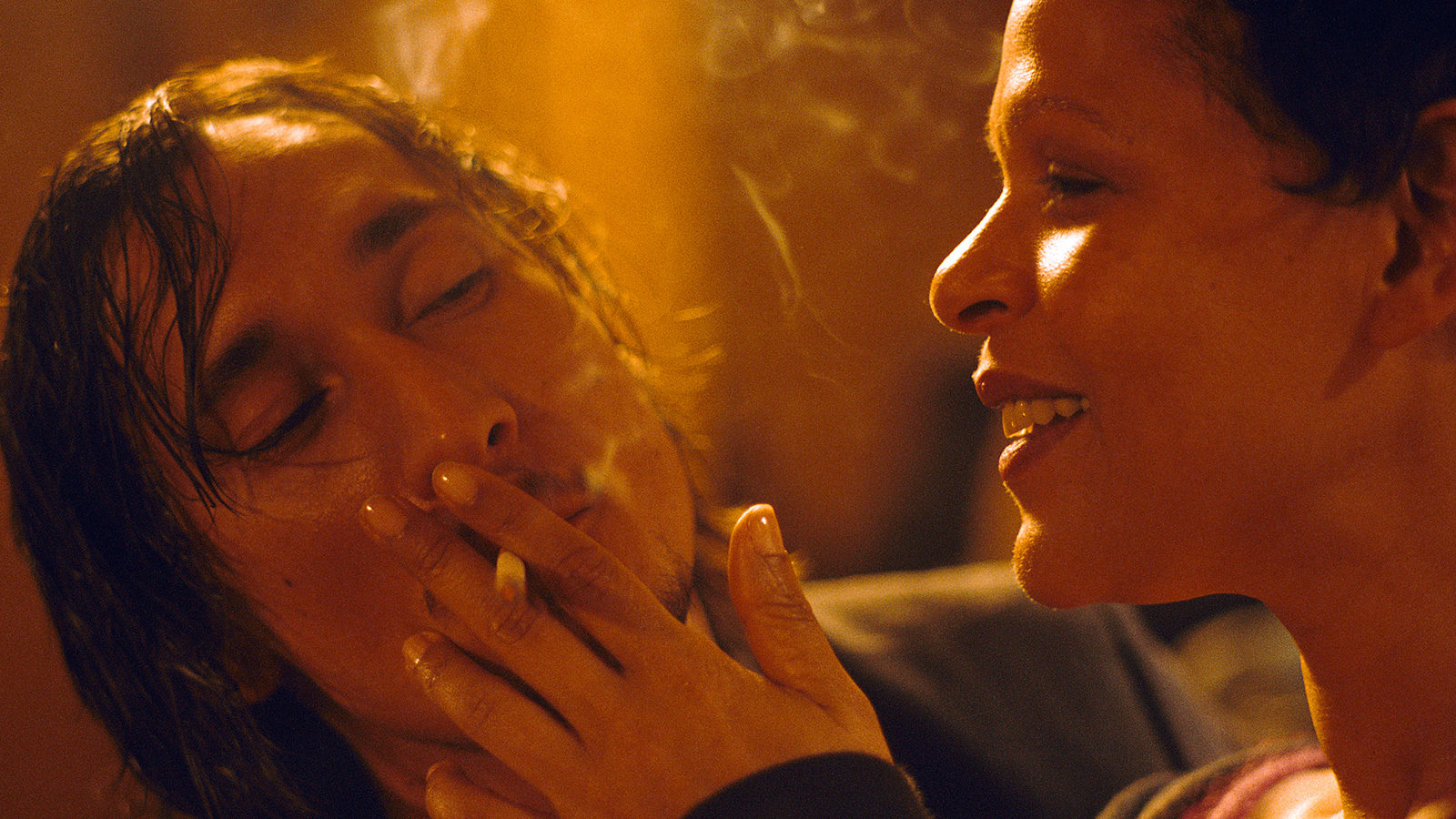Claire Denis, a French filmmaker, is celebrated for her intimate, deeply textured explorations of character, relationships, and identity. Known for her unconventional narrative structure and uncompromising visual aesthetic, Denis has garnered critical acclaim with films such as Chocolat, Beau Travail, and White Material. Through a lens unafraid to delve into themes of colonialism, desire, and sensuality, Denis has carved a distinctive place in contemporary cinema.
Born in Paris and raised in colonial French Africa, Denis’ experiences significantly inform her approach to filmmaking. Her directorial debut, Chocolat, is a semi-autobiographical account of a French family living in colonial Africa, setting the groundwork for her career-long exploration of themes related to colonialism and displacement. This exploration continued with films like White Material, where she examines the lasting impacts of colonialism on individuals and societies.
Denis’ films are notable for their intimate portrayals of characters. She often employs close-ups and encourages subtle performances from her actors, magnifying their internal worlds. This emphasis on the individual aligns with her narrative approach, which tends to eschew traditional structure in favour of elliptical storytelling. Her narratives are a series of interconnected moments and images, resonating with emotional richness rather than a linear progression.
France’s Greatest Post-New Wave Director
The physicality and sensuality in Denis’ work are other hallmarks of her distinct style. Her attention to the human body, dance, and movement is pivotal in expressing character and emotion. This is perhaps best encapsulated in Beau Travail, where the French Foreign Legion soldiers’ training routines’ choreography serves as a nuanced storytelling medium. Denis’ handling of violence, as seen in Trouble Every Day and Bastards, is similarly visceral, employing a raw and realistic depiction that packs a powerful emotional punch.
Adding to the uniqueness of her cinematic language is Denis’ close collaboration with cinematographer Agnès Godard and the British band Tindersticks. Godard’s visual sensibility complements Denis’ storytelling style, creating striking visuals that echo the emotional undercurrents of the narrative. Meanwhile, Tindersticks’ atmospheric compositions enhance the films’ immersive quality.
Denis’ influence is visible in the work of several contemporary filmmakers, both in France and internationally. Directors like Barry Jenkins and Lucrecia Martel have cited her as a significant influence. Through her exploration of complex themes, unique narrative structure, and evocative visual style, Claire Denis has not only inspired a generation of filmmakers and made an indelible mark on the landscape of global cinema.
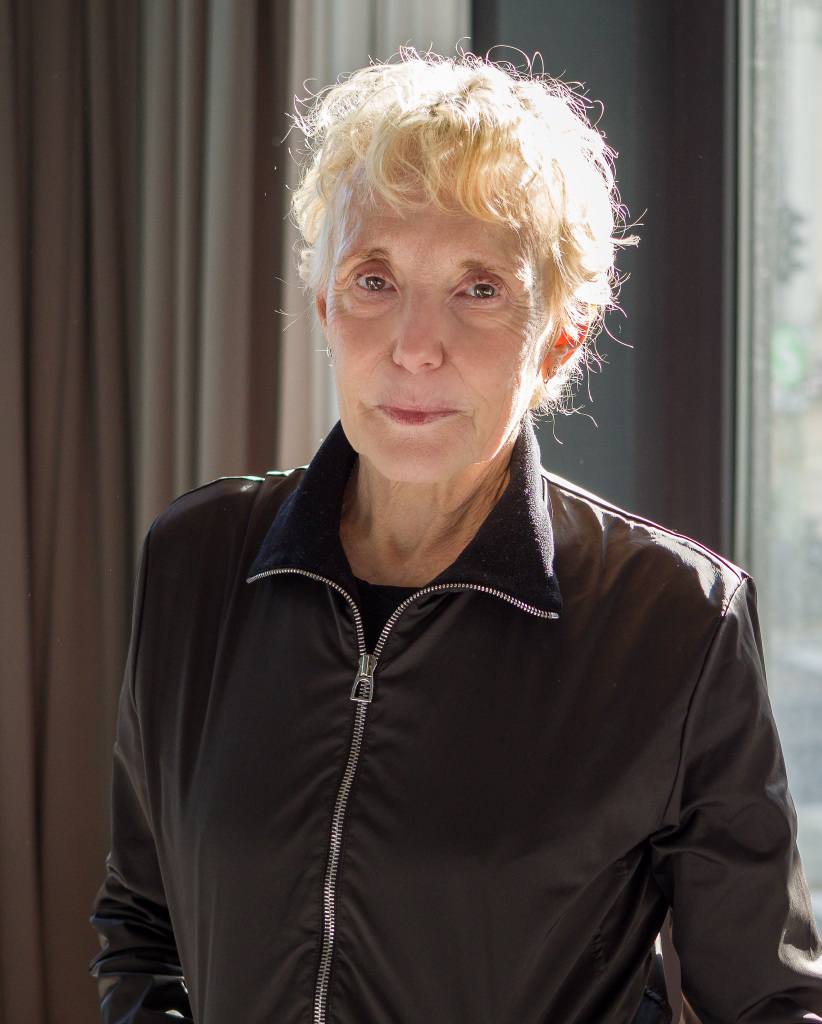
Claire Denis (1946 –)
Calculated Films:
- U.S. Go Home (1994)
- Beau Travail (1999)
- The Intruder (2004)
- 35 Shots of Rum (2008)
- White Material (2009)
- High Life (2018)
Similar Filmmakers

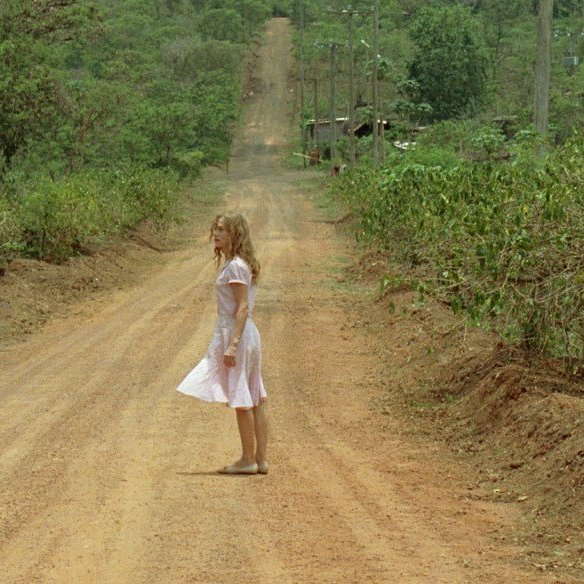

Claire Denis’s Top 10 Films Ranked
1. Beau Travail (1999)
Genre: Psychological Drama

2. U.S. Go Home (1994)
Genre: Coming-of-Age, Drama

3. 35 Shots of Rum (2008)
Genre: Drama, Slice of Life

4. Chocolat (1988)
Genre: Period Drama

5. White Material (2009)
Genre: Political Drama

6. I Can’t Sleep (1994)
Genre: Drama

7. The Intruder (2004)
Genre: Psychological Drama

8. Nenette and Boni (1996)
Genre: Drama

9. Friday Night (2002)
Genre: Drama, Romance
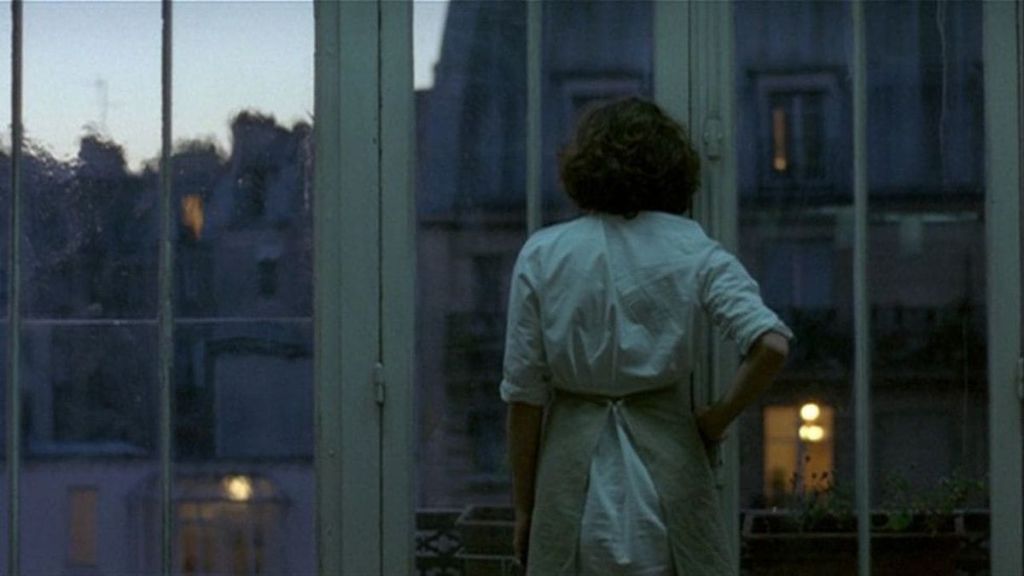
10. Trouble Every Day (2001)
Genre: New French Extremity, Cannibal, Drama
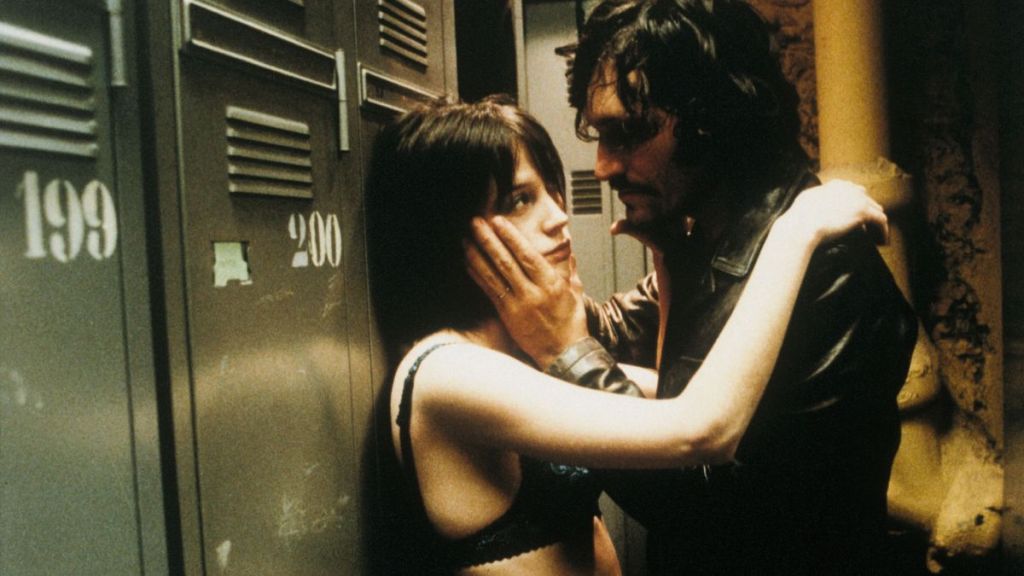
Claire Denis: Themes and Style
Themes:
- Human Relationships: Denis often explores the intricacies and tensions of human connections, whether familial, romantic, or platonic. Her films delve into the dynamics of love, longing, and alienation among individuals.
- Colonialism and Post-Colonialism: Born in France and raised in colonial Africa, Denis exhibits a keen interest in themes of colonialism and its aftermath. Her films often grapple with the tension between colonisers and the colonised, depicting the struggles and identities forged in post-colonial settings.
- Isolation and Alienation: Many of her characters are portrayed as isolated or alienated, often due to cultural, racial, or social factors. This theme is explored in a way that illuminates the human condition in the face of external constraints and inner turmoil.
- Cultural Identity: The exploration of identity, especially in a multicultural and globalised context, is a recurring theme. Denis’s films often present characters navigating the complexities of their cultural identities and backgrounds.
- Sexuality and Desire: Denis’s work frequently explores human sexuality and desire with a nuanced, unflinching approach, providing insights into the passions, conflicts, and mysteries of the human psyche.
Styles:
- Visual Storytelling: Denis is known for her evocative visual style, often prioritising imagery and atmosphere over dialogue. Her films employ a visual language that communicates mood, emotion, and theme effectively.
- Non-Linear Narratives: She often employs non-linear storytelling techniques, using flashbacks, dream sequences, and fragmented narrative structures to weave complex, layered tales.
- Cinematography: With a background in cinematography, Denis pays close attention to the visual composition of each frame. Her films often feature striking, carefully composed shots that contribute significantly to the storytelling.
- Minimalist Approach: Denis’s films often adopt a minimalist aesthetic, with sparse dialogue and a focus on visual and auditory elements to convey the story’s emotional and thematic depth.
Directorial Signature:
- Intimate Portrayals: Denis’s films are celebrated for their intimate portrayals of characters and relationships. She offers a close, empathetic look into the lives and emotions of her characters, making her work deeply resonant with audiences.
- Global Perspective: With her international upbringing and experiences, Denis brings a global perspective to her work. Her films often engage with global themes and present characters from diverse backgrounds and nationalities.
- Musical Integration: Music plays a pivotal role in Denis’s films, often used to enhance the emotional tone and atmosphere. She collaborates with various musicians and composers to craft soundtracks that are integral to the narrative and mood of her films.
Claire Denis: The 100th Greatest Director


